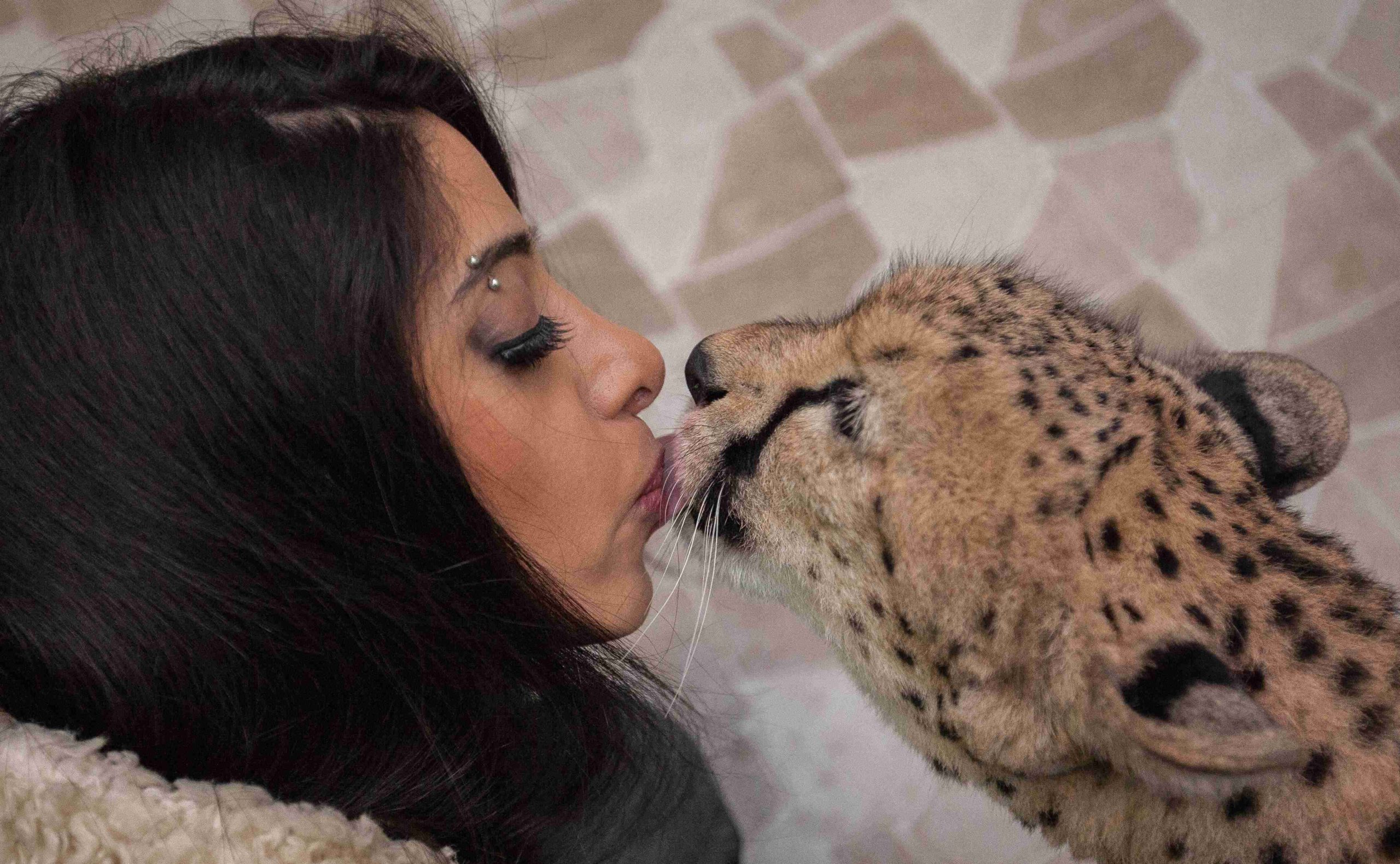Animals go about with diseases that can be contracted from them. They carry viruses, bacteria, fungi, parasites that can cause disease in humans and the infections that human contacted from pets varies from one another.
Essentially, the cohabitation of animals and humans has led to the exposure and proliferation of bacteria and microorganisms that would otherwise not take place.
Pets carry germs that make people sick, sometimes even when those same germs have no harmful effect on the animals themselves.
Scores of infectious organisms that are from bacteria to fungi to viruses can be transmitted from your pet to you. We are not living in a sterile world, our pets and companion are not free from germs.

These diseases can affect humans in several ways, some can show mild infection signs or can also be more severe for some.
Before bringing a pet into your home, your household safety should be your primary concern, for example, kids with eczema should avoid aquariums.
People with low immunity should consider the health implication before taking any pet into their home.
Table of Contents
Some of the diseases that can be contacted are:
Campylobacter infection: This causes diarrhea, fever, abdominal discomfort in humans. This bacteria can be in the intestine of infected pets such as dogs, cats e.t.c. Human beings can become infected by coming in contact with contaminated water, undercooked meat. These infections are contagious especially among the kids but can be well managed.
Scratch infection: This happens when a person is bitten or scratched by a cat that has been infected by the bacteria. it usually gives symptoms like fever, headache, tiredness but can be resolve with or without treatment. Scratch infection causes mild cases.
Rabies: The animal that goes around with rabies virus includes dogs, cats, foxes e.t.c. This is a serious infectious virus that enters the human body through a bite or wound contaminated by the saliva from an infected animal.
Ringworm: This is a skin infection caused by different types of fungi found in the soil and on the skin of pets. Humans get infected by touching the infected animals. Ringworm is a dry scaly round area with a red border with nothing at the Centre. It can be treated with antifungals.
Toxoplasmosis: This can be contacted by having contact with a parasite found in pets such as cats. This shows no symptom in healthy people but in some people with weakened immune system it can cause tiredness, swollen gland, sore throat, e.t.c. It can also cause miscarriage or premature birth in pregnant women.

Leptospira: This is a bacteria found in the urine of infected animals like dogs rats. it can be transmitted through contact with contaminated urine to humans. This bacteria can survive in soil or water for months. Symptoms include fever, vomiting, chill e.t.c It can also lead to kidney failure if untreated.
E. coli: There is some kind of E. coli that are harmful and can cause disease. The severe form can bring about kidney failure and death. The bacteria can be pass to humans from the skin, the fur of contaminated animals. Symptoms are diarrhea, fever, nausea, vomiting.
Toxocariasis: This is a parasitic roundworm that lives in the dogs’ and cats‘ intestines. The eggs of the parasite are deposited in the soil where kids play and the kids ingest the contaminated soil containing the egg, after the hatching of the egg in the intestine into the larvae, it will spread and this will result in visceral larvae migran. Symptoms include fever, cough, swollen nodes. A severe form can lead to loss of vision.
Tips on how to avoid it
- Always wash your hands, after touching, handling, or cleaning the pet box or cage. Wear gloves when taking care of the pets.
- Avoid kissing or touching your pets with your mouth, infection can spread from there through saliva. Don’t share food with your pet.
- Don’t allow your pets in the area where food is been prepare.
- Keep your pet’s living area clean and free of waste. Eliminate the waste regularly.
- Avoid strange animals or those that are sick. Don’t keep wild animals as pets.




